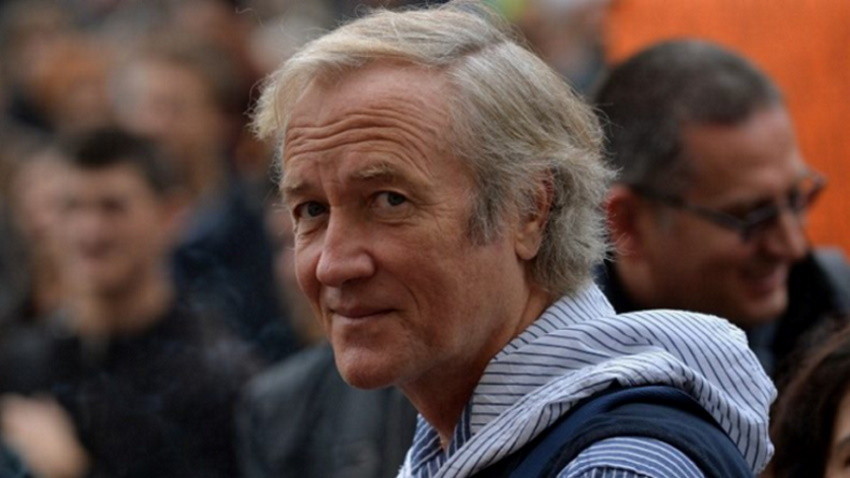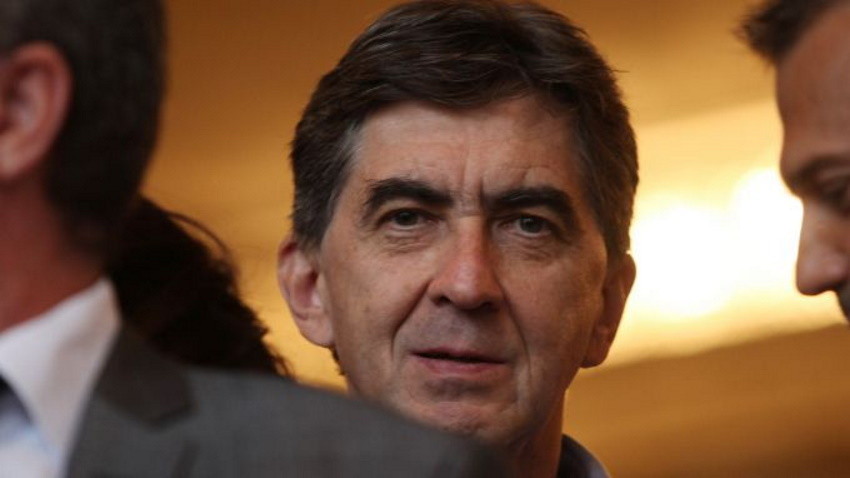In Bulgaria, the date of November 10, 1989 is perceived as the beginning of the transition from Socialism to democracy. Three decades of slow readjustment of Bulgarian society followed. However, the initial joy and hope for a better life gradually gave way to disillusionment. The old system of governance was replaced by institutions characterized by corruption, clientelism and interests of oligarchic structures. The changes that the Bulgarian society had been yearning for became distorted and flawed. Over time, the population of Bulgaria became impoverished, and the disappointment with the state policies was reflected in a large wave of emigration of Bulgarian citizens who decided to live permanently abroad in search of a fairer and more orderly life.
The enormous public energy from the 1990s gradually reduced to sporadic outbursts of civil discontent on one occasion or another. The turmoil that Bulgaria experienced over the years has also affected the Bulgarian media. Serious and analytical editions gradually disappeared, and instead the public started to be fed with news stories and commentaries from the tabloids. Journalists who had the courage to seek answers to inconvenient questions were losing their jobs, or they were pressured and often prosecuted.
The latest data from the international organization Reporters Without Borders (RSF), based in France, unequivocally shows that Bulgaria is already in 111th place in terms of freedom of speech, between Guinea and Nepal.
"The media is a mirror image of our civil society. Having a position in journalism overlaps with the concept of civic position," says prominent Bulgarian journalist Ivo Indzhev in an interview for Radio Bulgaria.

In the early 1990s, Ivo Indzhev was the director of the Bulgarian Telegraph Agency, then he headed the Association of European Journalists as vice president. He also a political show on one of the major television channels, bTV, in the period 2000 to 2006. Today Indzhev has his own blog, as his publications are often reprinted by a number of foreign media, including the German website Eurotopics.
"In the 1990s, Bulgarian journalism may have been more naive, but it was more authentic in terms of the clash of opinions," Indzhev explains. “You could guess at a glance which media holds what positions. This was neither a secret nor a goal of the Bulgarian media then. We are journalists and we know that there are different genres and we should not confuse impartial coverage in news bulletins with opinion journalism where quite the opposite is true. People read the opinion of a journalist in order to understand his position, not to see the pathetic comment at the end that only the future will show whether he was right or not. With this, the author evades responsibility and does not give an opinion. Opinion journalism means taking a position first and foremost, but not everyone can afford it. Yes, it is possible for a person to change his or her position under the pressure of events and information. In the end, we gather facts, and that sets us apart from other species. Within a lifetime, a person is able to change his worldview, positions, but as long as it is not for a selfish purpose. But it is very bad that we have earned the negative attitude of society, I speak in the plural, because I do not want to pretend to be an exception. People judge for themselves who is who.”
According to journalist Boyko Stankushev, who worked for the Bulgarian National Television over the years as a reporter, journalist and director of the most popular television programs in the 1990s, independent media in Bulgaria are in decline. This is because for many years the public institutions in Bulgaria, which represent the individual authorities, without exception, have been doing their best to subdue the independent journalistic voices.

"From the beginning of the transition period, everyone had high hopes that from now on, free human voices, in particular free journalistic voices, would not be crushed and repressed. Bulgarian society has failed to influence parliament to draft legislation to guarantee Bulgaria, albeit being a new democracy, a more dignified place. The truth is that in terms of freedom of speech, we have fallen down in the rankings at least twice. There are countries in Europe that are not even part of the EU - Albania, Serbia, Montenegro, which are ahead of us in terms of freedom of journalistic speech. We are very, very much behind them and for me this is the biggest concern."
English Rossitsa Petcova
The newest exhibition at the National Museum of Military History in Sofia, 'War and the Creatives: A Journey Through Darkness' opens today, offering free entry as a gesture to those who were unable to visit during the recent renovations. Rather than..
A 5,000-year-long history lies hidden in the ruins of the medieval fortress “Ryahovets” near the town of Gorna Oryahovitsa where active excavations began ten years ago. On this occasion, on November 17, the Historical Museum in Gorna Oryahovitsa..
Just days ago, archaeologists uncovered part of the complex underground infrastructure that once served the Roman baths of Ratiaria - one of the most important ancient cities in Bulgaria’s northwest. Founded in the 1st century in the area of..

+359 2 9336 661
